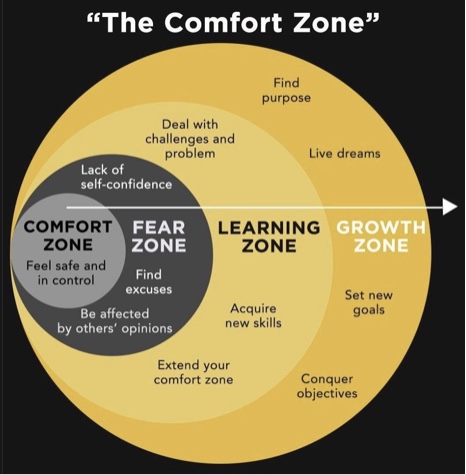What makes someone successful?
If you ask most people, they’ll usually say some combination of having natural ability, good work ethic, knowing the “right people,” having integrity, charm, and maybe even some good luck.
But there’s one thing that gets overlooked sometimes, yet I feel is just as important as the more popular answers…resilience.
Resilience is one of the best predictors of our future success, because at some point we will always encounter something difficult. Things won’t always go our way. Are we willing to keep going even when it’s tough? When the shiny object has disappeared and our initial interest has faded, do we stop chasing after that goal we were once excited about or do we have the determination to keep after it?
Are we strategic when we quit something? The saying “winners never quit,” isn’t true. Sometimes you have to know when to re-prioritize your goals or to tweak them, but you have to give it an honest effort. And when you do “quit,” are you just giving up or are you making adjustments before setting new goals?
Be tough. Be resilient. Bounce back after a loss. It’s the ones who keep coming back for more that will be successful. You can’t keep them down. Adapt and overcome and you will eventually be successful.

